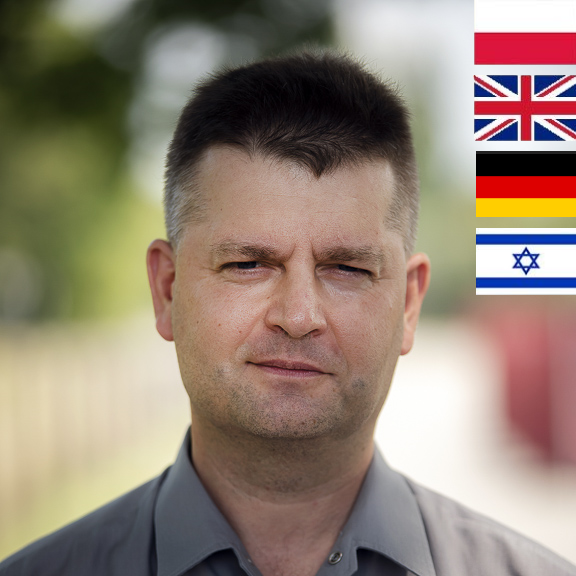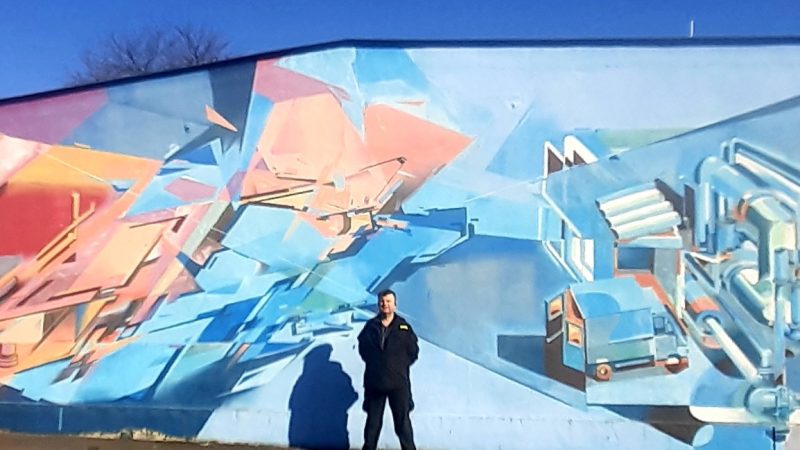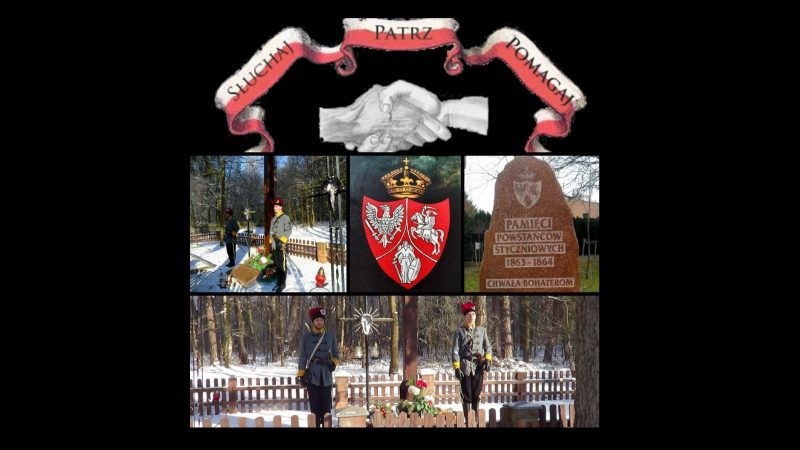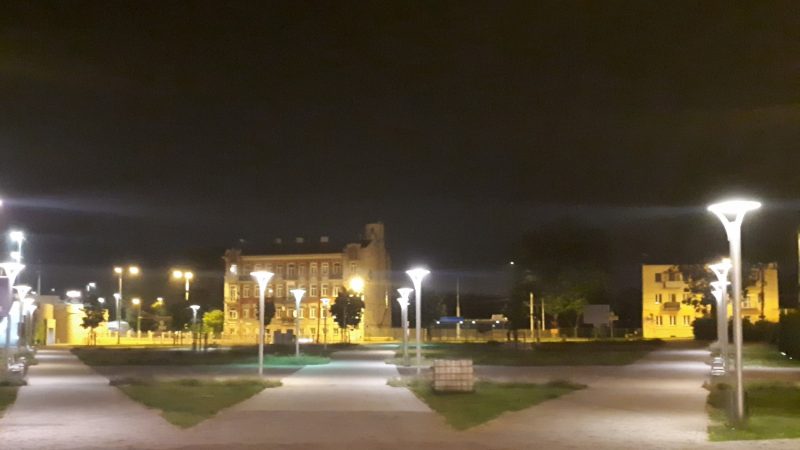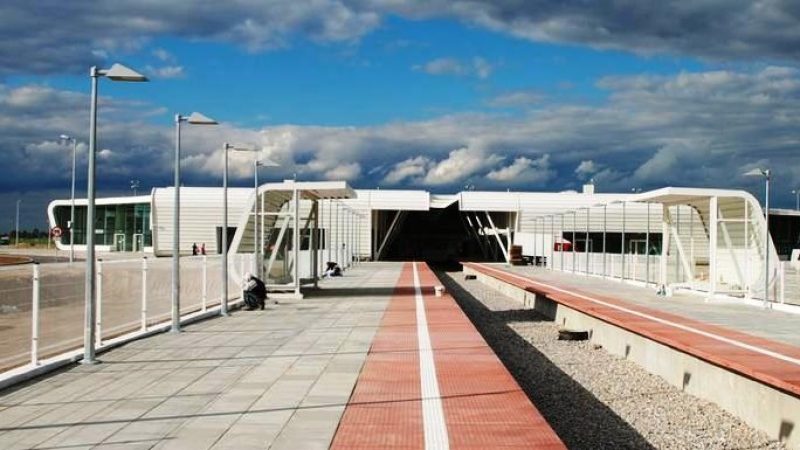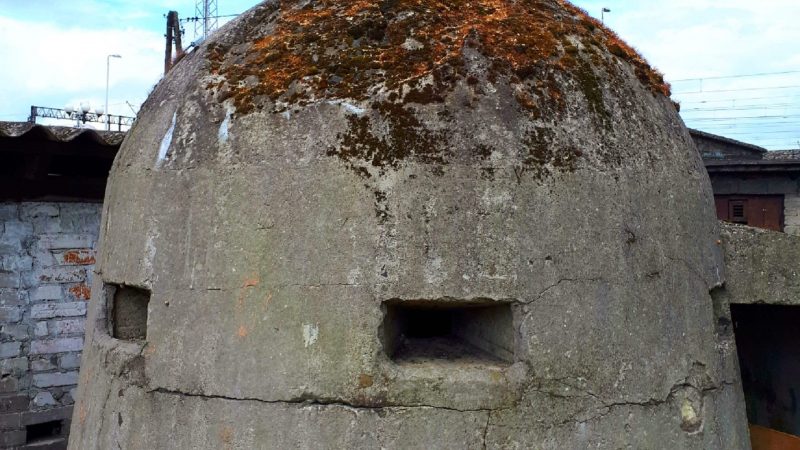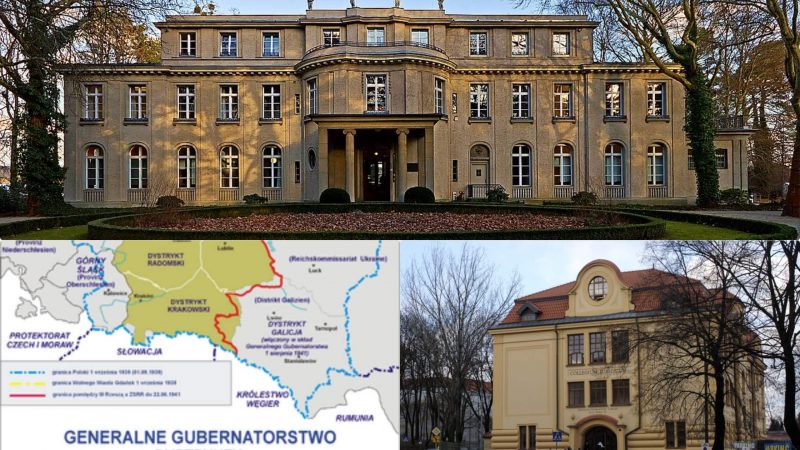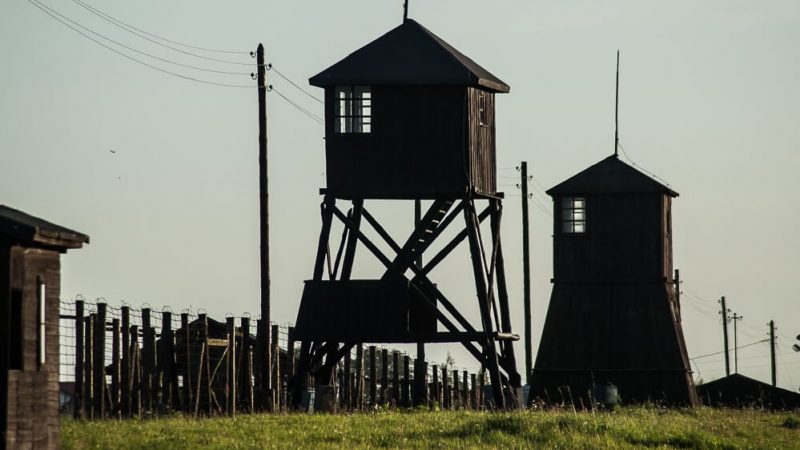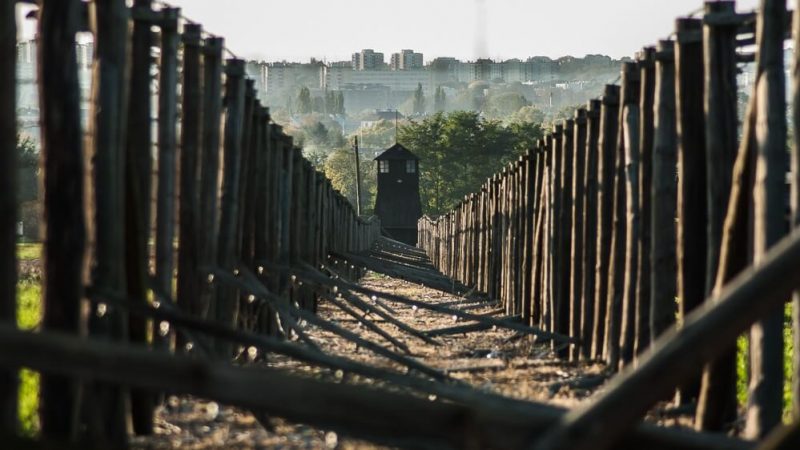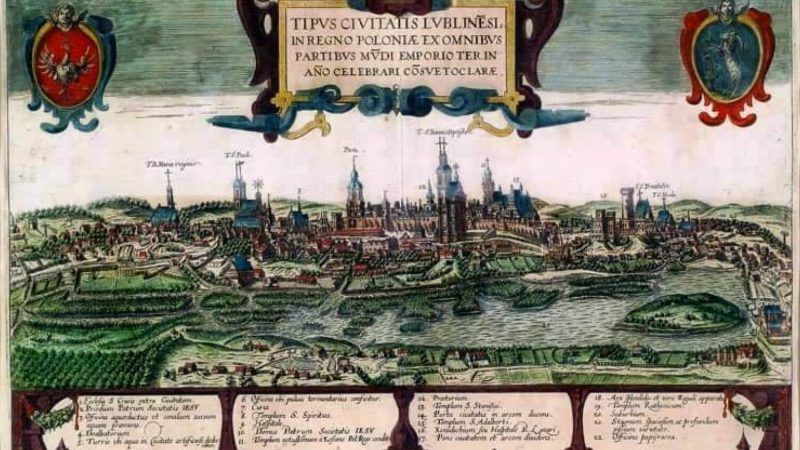I am a guide to the State Museum at Majdanek, a tourist guide of the city of Lublin, an organizer of tourism and sightseeing. Micro model maker and historical reconstructor, MA in Theology of John Paul II Catholic University of Lublin, specialization: rules and religious communities, fundamental theology, dogmatic and religious studies. I also completed postgraduate studies in pedagogy. I am a court mediator and lecturer. Poetry is my passion —I was a speaker at the Lublin City of Poetry. Moreover, I am a fan of walks, discussions and long-distance hiking tours. Social and local government activist. The originator and author of many initiatives and projects, including: a plaque commemorating the first defenders of the City of Lublin — Lublin heroes of World War II in the September defence campaign, including — Zdzisław Podkowa, scout, member of the group — “Military Training”, commander of the 1st ZWZ-AK troops in Lublin, arrested and tortured “At the Clock”, imprisoned in the Lublin Castle, prisoner and martyr, who — having only 22 years — in the KL Auschwitz I “Stammlager” camp — on November 3, 1942 — he gave his life for another human being and for the freedom of the homeland.
